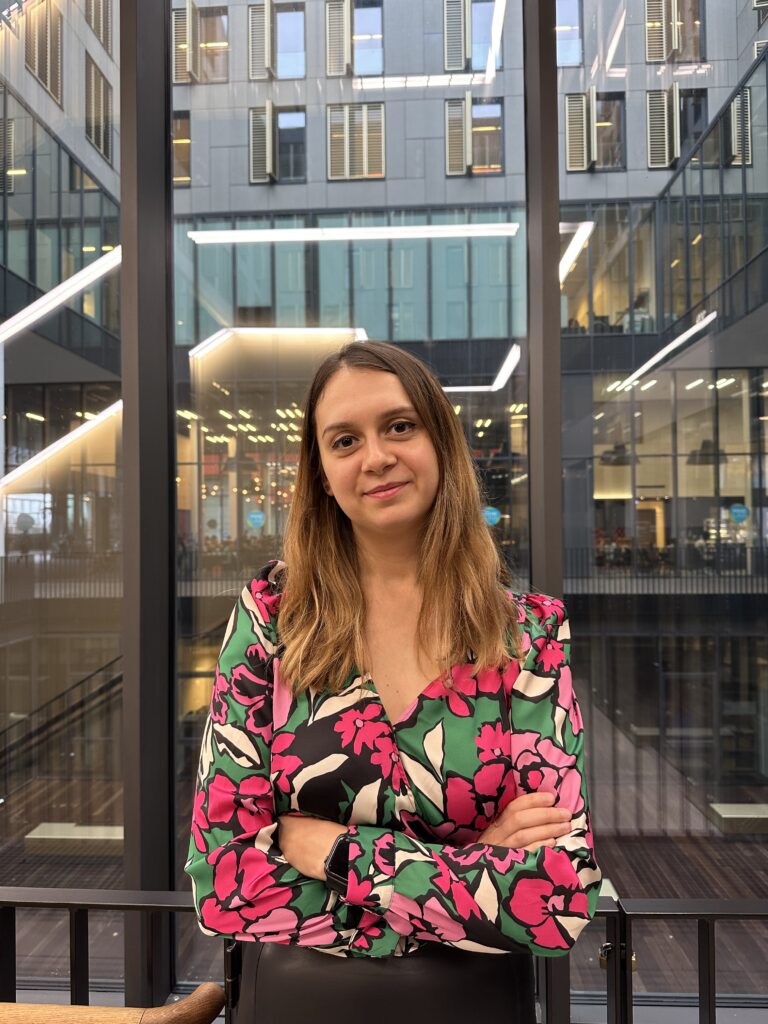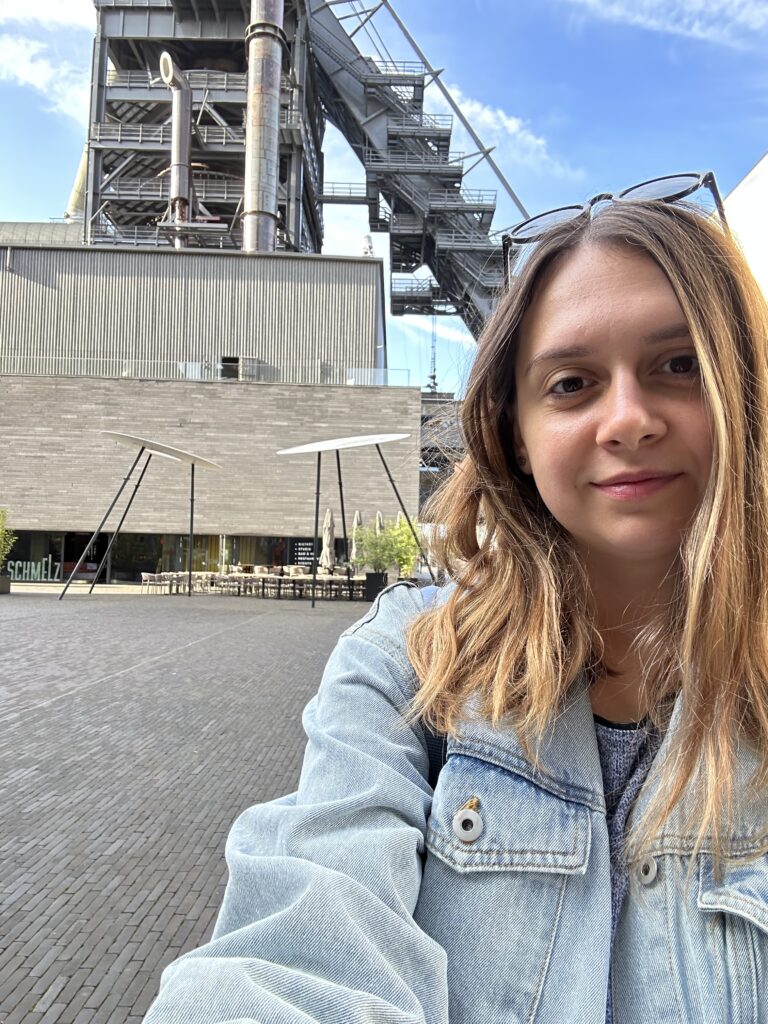In Conversation With Our Young Researchers: Mădălina Mezaroş
09 January 2024

Housing in Luxembourg
Housing represents an increasingly important driver of social inequalities.
Who can afford to purchase property and who can’t (anymore) as well as what housing policies might have had an impact?
Mădălina Mezaroş is a PhD candidate within the Department of Urban Development and Mobility at the Luxembourg Institute of Socio-Economic Research (LISER). She received her Master’s degree in Social Sciences and Educational Sciences from the University of Luxembourg.
Her current research is focused on finding the links of social changes to property wealth inequalities in Luxembourg. In her thesis*, she is developing methods to identify home ownership and property investment gentrification and explore the ways in which gentrification has intersected with migration trajectories.
Understanding past and recent social changes concerning home ownership in Luxembourg and connecting them with policy changes might shed a light of what could be improved for Luxembourg’s housing. In a first paper, published in the International Journal of Housing Policy in 2022, Mădălina Mezaroş shows how tax incentives for property investors have contributed to widening property wealth inequalities. In recent years, the housing crisis has been an important topic that is regularly addressed. She hopes that her findings are relevant towards achieving more housing justice and dampening the crisis.
Housing Crisis in Luxembourg
The affordable housing crisis is an increasing issue in Europe. In Luxembourg, recent research has identified two facets of the housing context that exacerbate affordability concerns: the concentrated private ownership of residential land and fiscal policies incentivising property investments. While the nation experiences ongoing economic and population expansion, housing production remains slow as current owners hold on to their valuable residential land. At the same time, fiscal policies have heavily incentivised the acquisition of both newly built and existing housing units by property investors, which has increased the competition for scarce housing and contributed to rising housing prices and rents.
However, a ‘cool down’ is evidenced in recent figures published by Luxembourg’s Housing Observatory, which indicates that housing prices have decreased by 13.6% between the third trimester 2022 and the third trimester 2023, with the highest decrease of 18.7% for existing houses. This goes in parallel with the decrease observed in the construction sector, as developers would rather wait than decrease the prices of newly built apartments.

I view the world as a sociologist but in my project I crossed the border to urban geography.
Mădălina Mezaroş
More about housing research in Luxembourg
Gentrification in Luxembourg: Linking social changes to property wealth inequalities
Mădălina is the Principal Investigator of the FNR funded project ‘GentriLux’ that takes a novel approach by looking at Land Registry data to analyse the gentrification phenomenon. Collaborating with Antoine Paccoud, together they are drawing on the new insights available from this data that the notion of gentrification can be extended to the process through which property investors are displacing homeowners in a context in which housing wealth is becoming increasingly necessary to one’s life chances.
The creation of social inequalities through discrepancies between salary and house price increases, the lack of social housing, and migration waves makes Luxembourg accessible to a selected few. While gentrification – and the social consequences of high house prices more generally – is a recurrent topic in Luxembourg, data availability has so far hindered any attempt to measure this phenomenon. By drawing on alternative data, this project would strongly contribute to the societal debate on the social costs of Luxembourg’s current developmental model and provide insights for policy makers.
| The project has already published a scientific paper. Discover it below: Accelerating housing inequality: property investors and the changing structure of property ownership in Luxembourg |
Applying private sector experiences into public research
Prior to becoming a PhD candidate, Mădălina worked as a realtor and advisor on both the residential and commercial real estate markets in Luxembourg. By working in the private sector as a realtor for almost three years, her passion and interest for housing in Luxembourg started with the practice but then moved to theory.
When she was “in the field”, she got a closer look at how Luxembourg functions and got to understand the very dynamic real estate market and its significant actors . What attracted her to housing was the diversity of people she found, mainly tenants and landlords, with sometimes a different set of values but willing to find a common ground. That is one of the reasons for doing qualitative research: to leave space for explanations and stories and not fit everything in a correlation matrix or in a “if X then Y” hypothesis.
I’m very grateful to have met outstanding housing scholars (and not only) through international conferences and local seminars. Luxembourg is a great place to conduct research because of its investment in education and because of the openness of researchers to assist you or to guide you in your research journey.
Mădălina Mezaroş

“Luxembourg is a human sized country”
Mădălina came to Luxembourg to work in the financial industry sector shortly after receiving her bachelor in Sociology and Human Resources at the University of Bucharest, Faculty of Sociology and Social Work. Two years in, she realised she would like to go back to studying and pursued a master’s degree. Mădălina is grateful that her job allows her to do this in the housing context, which is in continual development.
As Luxembourg is a human sized country, it means that one eventually gets to meet a lot of interesting people at different events and then manage to keep in touch, even if one works in the south and the other in the centre of Luxembourg. Mădălina actively pursues various opportunities as part of her commitment to a long-term career in the housing sector in Luxembourg.
* Doctoral Thesis Committee members include Philippe van Kerm, expert on social policies and social inequalities and Loretta Lees, one of the most prominent scholars in gentrification.













